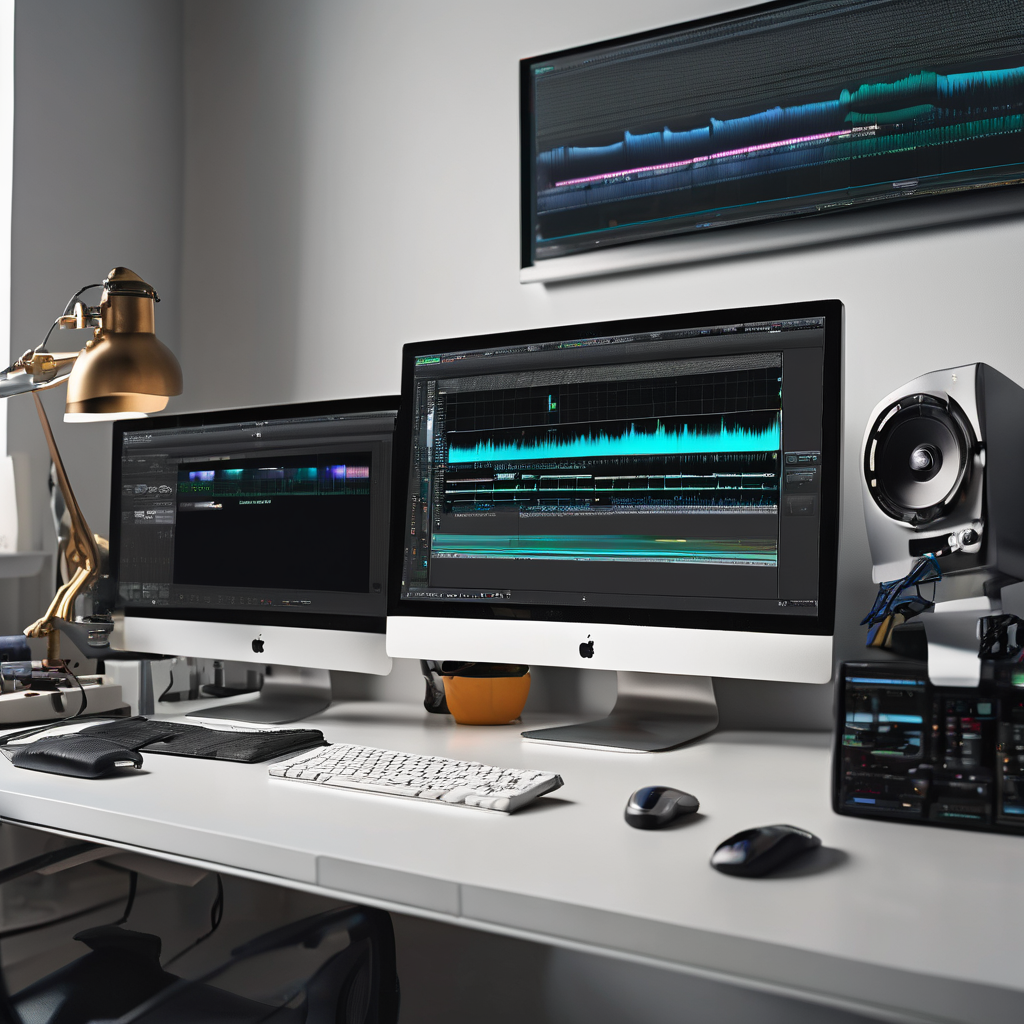
A recent comprehensive study by Graphite reveals a major shift in online content creation, with artificial intelligence (AI) now generating the majority of new web articles. Analyzing 65, 000 English-language URLs from the Common Crawl archive spanning 2020 to 2025, the study tracked the rise of AI-generated content and evolving digital publishing trends. Its key finding shows that, by November of the previous year, AI-authored articles surpassed human-written ones, marking a pivotal change. Since then, the volume of AI content has stabilized, indicating a plateau in its growth. Despite AI articles making up most new content, their visibility on mainstream search engines like Google remains limited due to generally weaker search engine optimization (SEO) compared to human-authored pieces. As a result, search algorithms often prioritize human content, which tends to offer higher quality and more engaging narratives. The surge of AI-authored articles aligns with the public launch of OpenAI’s ChatGPT in late 2022, an advanced language model that triggered a rapid rise in AI-generated texts, reaching nearly 40 percent of new articles within a year. This reflects media organizations’ swift adoption of AI tools to boost efficiency and reduce costs by supplementing or replacing human writers. However, AI-generated content frequently faces criticism for its bland, repetitive style, lacking the creativity, nuance, and depth typical of human writing. Issues with formulaic phrasing and occasional inaccuracies have raised concerns about the quality and reliability of information online. Interestingly, the Graphite study suggests publishers might be reconsidering full automation strategies. Since May, AI content proportions have leveled off, indicating a more cautious or balanced utilization of AI.
This moderation may result from improved AI-detection technologies enabling regulators, platforms, and audiences to identify and filter AI-authored content. Moreover, consumer preferences favor authentic, compelling articles, typically produced by human authors, limiting acceptance of low-quality AI texts. Currently, the internet functions as a hybrid space where AI dominates in quantity but human editorial judgment and preference continue to shape which articles gain prominence and readership. This evolving ecosystem positions AI as a powerful assistant rather than a complete replacement for human creativity. Looking ahead, the interplay between AI-generated and human-authored content will profoundly influence digital media’s future. As AI models grow more sophisticated, they may overcome present shortcomings in originality and engagement. Simultaneously, content creators must balance AI efficiency with maintaining editorial standards that meet audience expectations. Additionally, developing robust AI-detection and quality-assessment tools will be vital for fostering transparency and trust online. Such tools can help prevent misinformation and ensure AI content adheres to ethical and factual standards. In conclusion, the Graphite study highlights a transformative era where AI dominates content production, yet the pursuit of quality and authenticity underscores human authorship’s ongoing importance. The future of online articles lies in a collaborative synergy between humans and machines, promising enhanced efficiency alongside the richness and insight that define compelling storytelling and journalism.
Graphite Study Reveals AI Surpasses Human Content in Online Articles by 2023


AI Generated Content (AIGC) Market Summary AIGC technologies optimize production workflows, enabling enterprises to deliver content faster while maintaining brand consistency amid evolving market demands

Mike Crosby of Circana highlights the channel’s agility in quickly spotting opportunities to grow business, noting an acceleration already underway.

Asking Google’s AI video tool to create a film about a time-traveling doctor flying around in a blue British phone booth unsurprisingly yields a result resembling Doctor Who.

In today’s rapidly evolving digital environment, businesses face growing challenges to maintain online visibility and competitiveness.

Google has launched Veo 3.1, the latest version of its advanced AI-driven video generator, marking a major advance in AI-based content creation.

SOMONITOR is an innovative explainable AI framework designed to boost the efficiency and effectiveness of marketing strategies by combining human intuition with advanced artificial intelligence capabilities.

During the 2024 holiday season, the adoption of AI-powered chatbots significantly improved the online shopping experience for U.S. consumers, driving a notable increase in sales.
Automate Marketing, Sales, SMM & SEO

and get clients on autopilot — from social media and search engines. No ads needed
and get clients today